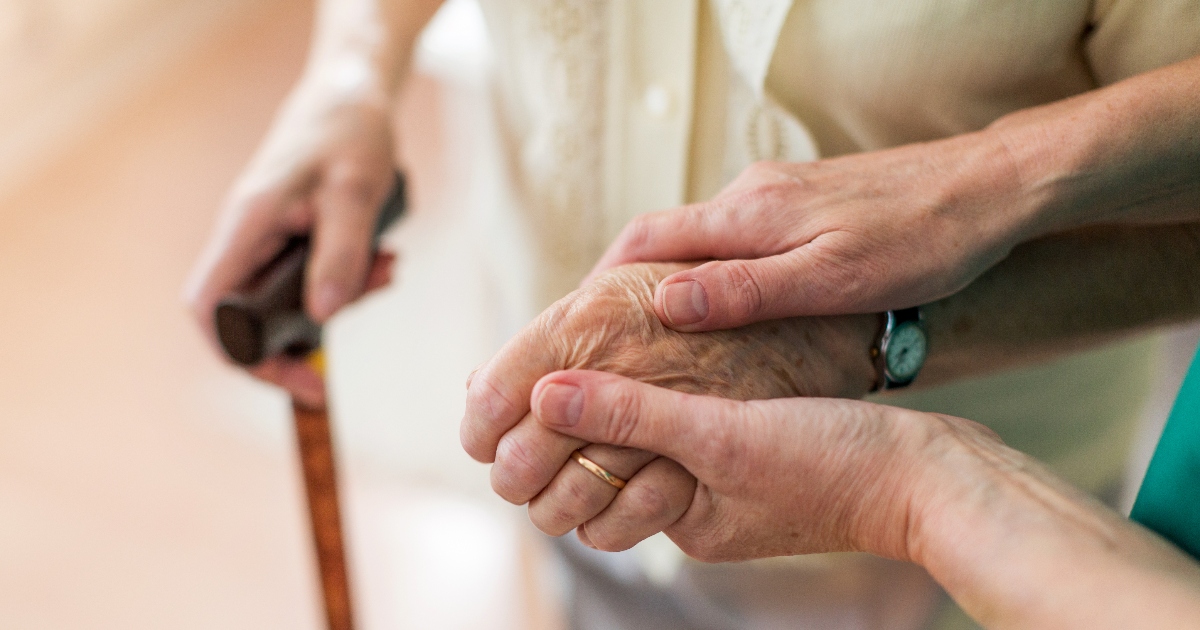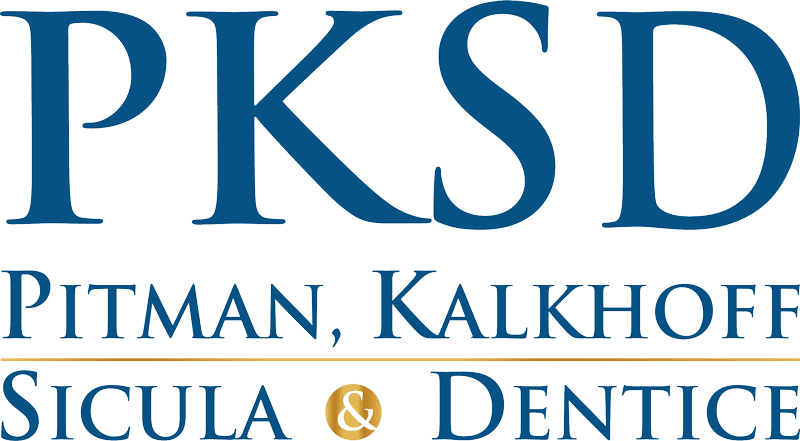 Many people may have concerns about issues, such as neglect, that their loved one’s may face in a nursing home. Facilities that were struggling before the pandemic may find it even harder to maintain staffing levels or adhere to best hiring practices amid the new COVID-19 outbreaks.
Many people may have concerns about issues, such as neglect, that their loved one’s may face in a nursing home. Facilities that were struggling before the pandemic may find it even harder to maintain staffing levels or adhere to best hiring practices amid the new COVID-19 outbreaks.
If your loved one is in a nursing home and visitation has been limited or halted altogether, how can you confirm he or she is being well looked after?
At PKSD, we look at some of the reasons for the latest virus outbreaks in the state. Additionally, we discuss ongoing challenges nursing homes are facing amid the pandemic and steps you can take to help monitor your family member’s well-being.
Our experienced Wisconsin nursing home abuse lawyers are prepared to provide legal assistance and fight for justice if you believe your loved one may be suffering from gross neglect or abuse.
Cause of Wisconsin’s Most Recent Outbreaks
Wisconsin has seen one of the worst surges in COVID-19 outbreaks in the weeks since college students returned to classes in the fall. Initially, authorities believed that students partying and socializing without face masks and then being around other friends and family members was a big reason for the uptick in cases. However, officials noted that even in other areas in Wisconsin where there were no college campuses, cases have continued to rise at an alarming rate. Currently, Wisconsin is one of the leading states for the highest number of daily outbreaks, just behind the Dakotas.
Unfortunately, the increase in those infected with the virus has also spread to long-term care facilities in the state. On November, 8, 2020, KBJR6.com reported that nursing home COVID-19 cases had risen four-fold in surge states, including Wisconsin. Amidst this surge, Governor Evers issued Executive Order #94. This order returns to previous mandates of wearing face masks in public, avoiding large gatherings, social distancing and other measures to help to contain the spread of COVID-19.
Ongoing Challenges That May Impact Patient Care
In addition to recommendations made by the Centers for Medicare and Medicaid Services (CMS), Wisconsin’s Department of Health Services has implemented guidelines for preventing and managing COVID-19 outbreaks in long-term care facilities. These recommendations are regularly updated as needed, however it is unclear what oversight occurs to ensure that facilities are complying.
Additional issues that continue to challenge the care of nursing home residents include:
- Nursing homes still lack adequate supplies of personal protective equipment (PPE)
- An ongoing struggle to maintain required staffing ratios due to caregivers falling ill
- Room-sharing amongst residents
- Caregivers who work at multiple facilities, which, according to studies, has been shown to increase risks of infection
- Residents who transfer in from other facilities
In addition to these concerns, ongoing problems due to staffing shortages also means that existing caregivers are stretched thin, which at the very least heightens the risks for errors. Inadequate staffing may also lead to increased incidents of neglect or abuse.
Communicating With and Monitoring the Care of Your Loved One
Many nursing homes have implemented means for family members to stay informed about how the facility is faring amid the pandemic. Additional solutions may also be in effect to help family members better communicate with residents while continuing to follow recommended CMS guidelines to help prevent further infection amongst residents and staff.
You may be able to maintain communication with your family member and stay informed through various methods, such as:
- Checking the facility’s online community board – if they have one
- Calling to speak with administrators directly
- Getting assistance from the facility to set up regular video conferencing calls
- Asking whether there are any social distancing opportunities that can be arranged for on-site visits
- Sending emails and “snail mail” communications to your loved one
Staying in touch with your family member on a regular basis, even if you are not able to visit in person, may help you to recognize signs of abuse or neglect early on.
Common Signs of Abuse or Neglect
When video conferencing with or visiting your loved one, be on the lookout for atypical behavior or unexplained injuries or illnesses that could indicate your loved one may be suffering from neglect, including:
- Frequent cuts or bruising (which may sometimes be hidden by sleeves)
- Multiple unexplained falls
- Sudden changes in behavior, such as becoming fearful, withdrawn, angry or anxious
- New, unexplained issues, such as recurring UTIs
- Talking nonsense or mumbling – could be a sign of not receiving medication or a medication error
Contact an Attorney if You Suspect Abuse or Neglect
If you have concerns about your family member’s welfare or have reasons to suspect that he or she may be suffering from neglect or abuse at his or her long-term care facility, we are prepared to help.
We strongly recommend that your first call be to the administrators to voice your concerns, as well as to the elder abuse hotline. Additionally, we encourage you to contact our law firm to discuss whether you may have grounds to take legal action for injuries or losses due to gross negligence or willful misconduct.
At PKSD, we are committed to protecting our vulnerable elderly in nursing homes, and we are ready to assist you with pursuing maximum compensation against the parties responsible for your loved one’s suffering. Call our firm to arrange for your complimentary consultation today. There is no obligation for this service, and if we represent you, we accept these cases on contingency. This means no risk to you as there is nothing to pay for us to begin working on your case. We collect no money unless we obtain compensation on your behalf.
PKSD Law Group. Experienced legal help when you need it. 414-333-3333






